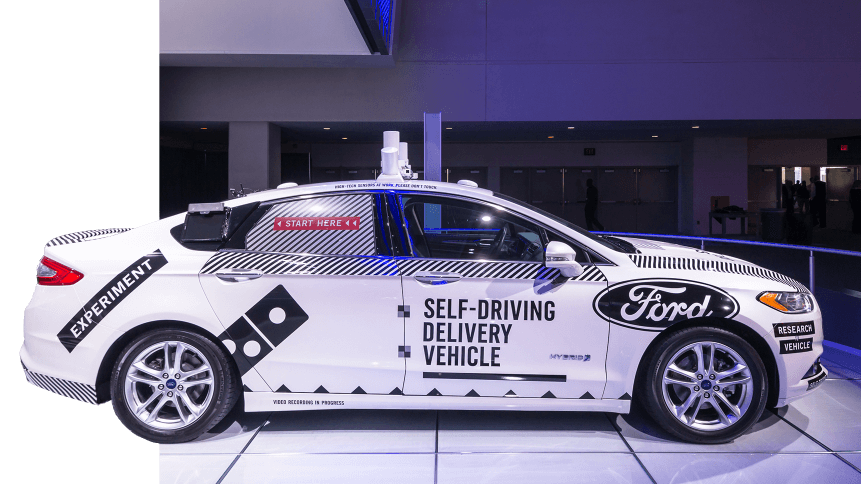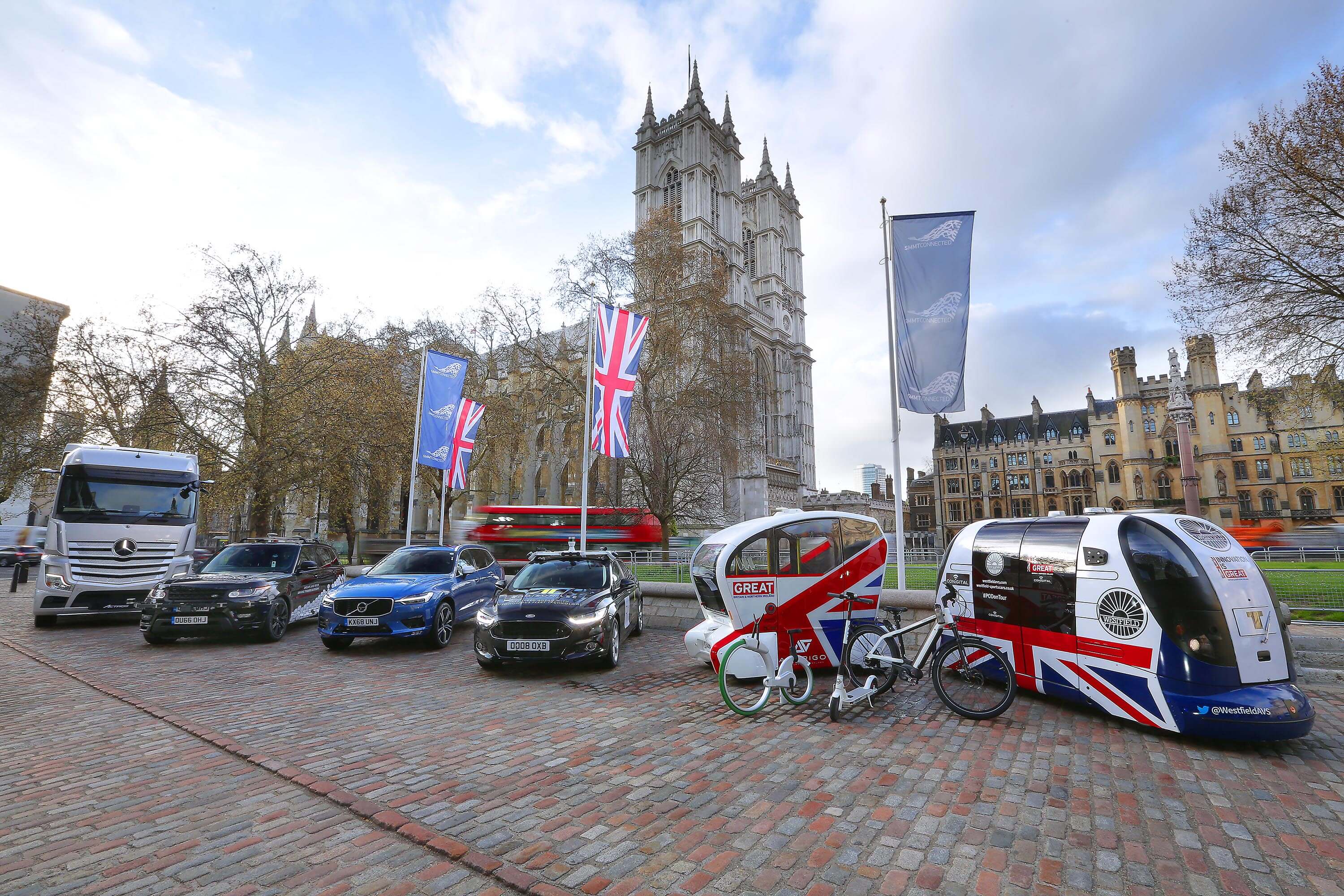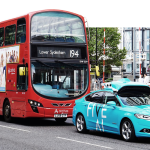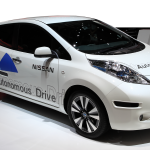UK leading global race for autonomous vehicle deployment

Far from the baking blacktop of California and Arizona, where we’re used to hearing of the work of Google’s former pet project Waymo as perhaps the leading edge of autonomous vehicle tech, it’s the UK that’s the current top prospect for the “mass market” deployment of driverless cars.
That’s according to the Connected and Autonomous Vehicles: Winning the Global Race to Market report, published by Society of Motor Manufacturers and Traders (SMMT) and Frost & Sullivan, which predicts that the UK’s current state of readiness for autonomous vehicles on its roads could see it seize a market worth £62 billion (US$81 billion) to its economy by 2030.
The forecast is owed to a combination of supportive regulation, enabling infrastructure and an attractive market, says the report.
The UK has the world’s first insurance legislation in place already for autonomous vehicles, the most comprehensive review of road transport underway, and more miles across motorways, urban and rural roads able to be driven autonomously, than anywhere else.
Meanwhile, the country’s combination of an open attitude towards regulatory changes, financial commitments in the public and private sector, numerous ongoing trials, and testbeds, autonomous safety tech built into most new vehicles in the UK, contributed to the positive forecast.

The SMMT connected future mobility vehicle display. Source: SMMT
More than £500 million (US$654 million) has already been committed by industry and government to CAV testing. Trials are taking place in major towns in cities, and the country is host to four major CAV test beds, among other facilities.
In short, the UK is some way ahead of global rivals in its readiness to commercialize self-driving technology, above major automotive leaders including Germany, US, Japan, and South Korea.
Autonomous vehicle safety
Most new cars are fitted with advanced driver assistance systems (ADAS) such as autonomous emergency braking and collision warning largely available. This will deliver “massive” safety benefits when automated vehicles are gradually introduced into the real-world in 2021.
On the mass-market deployment of autonomous vehicles, Frost & Sullivan predicts the technology will prevent 47,000 serious accidents and save 3,900 lives. At the same time, 420,000 jobs will be created, including in the automotive industry and other sectors such as telecoms and digital services.
YOU MIGHT LIKE

Driverless cars are being trialed in London
Commuters that drive, says the report, will gain back the equivalent of a full working week thanks to more ‘downtime’ and smoother traffic flows during their commute.
Brexit barrier
To realize this potential, however, developers and proponents of autonomous vehicles will require sustained support from the government, particularly in order to meet the goal of CAVs on the road by 2021.
According to the report, vital government support includes updating road traffic laws, improving 4G coverage across all road networks, encouraging local authorities to work with industry for urban mobility services and influencing harmonization with international regulations, so cars can operate between the UK and abroad.
But there is one significant spanner in the works, and that’s the possibility of a no deal Brexit.
This could threaten the UK’s reputation for stable investment— a risk that could be only mitigated by an “orderly” departure that supports the industry and technological collaboration.
But, crucially, the UK’s departure from the EU must be under circumstances that leave room for the market to continue developing. Mike Hawes, SMMT Chief Executive, said deadlock must be broken and a ‘no deal’ categorically ruled out in order to realize the benefits and take first-mover advantage.
“A transport revolution stands before us as we move to self-driving cars and the UK is in pole position in this £62 billion race,” said Hawes. “Government and industry have already invested millions to lay the foundations, and the opportunities are dramatic – new jobs, economic growth, and improvements across society.
“The UK’s potential is clear. We are ahead of many rival nations but to realize these benefits we must move fast,” he added.










